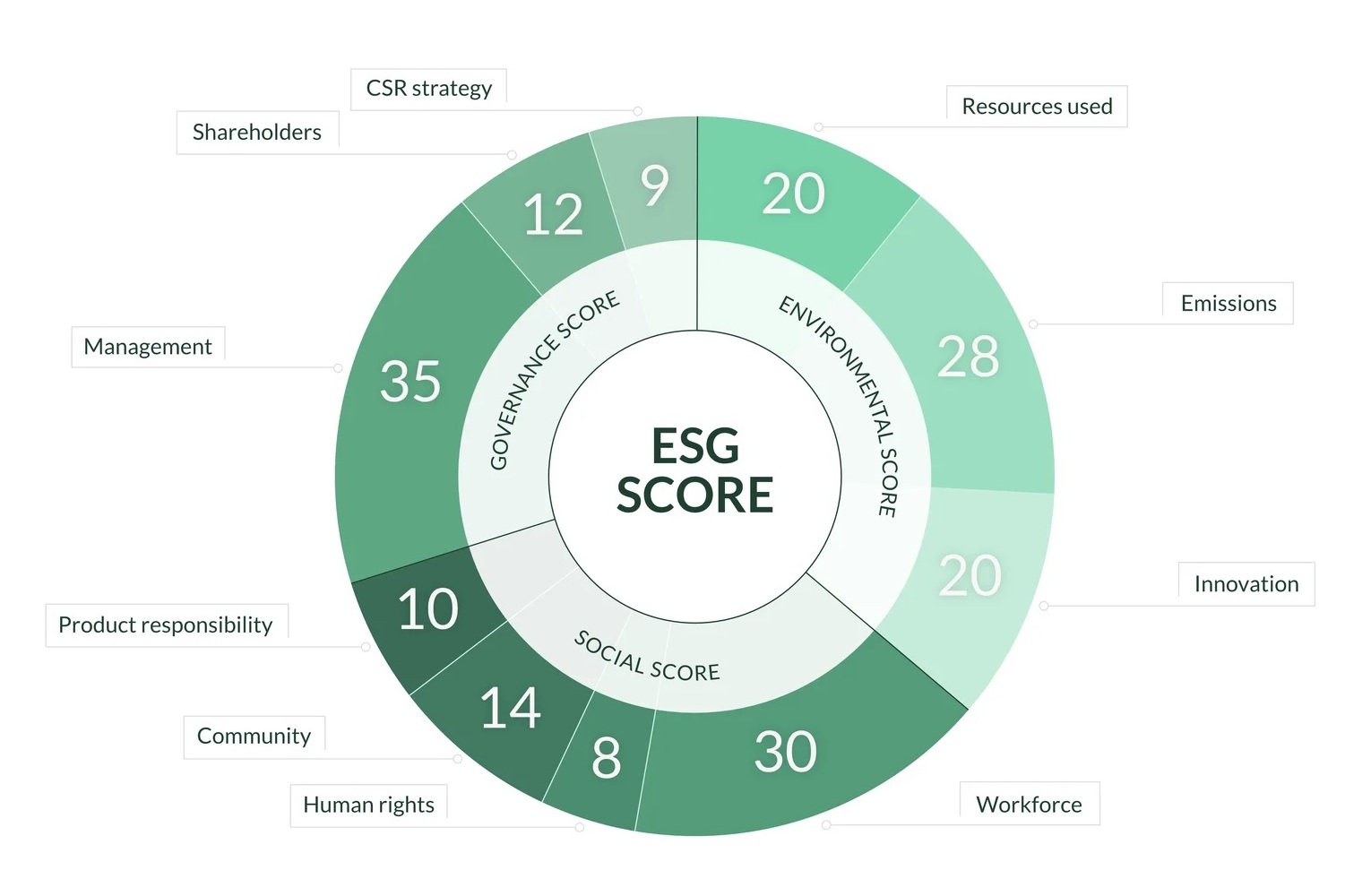CSR planning along with its implementation and monitoring are keys for any company to successfully meet its social obligation. To make CSR policies work in the desired ways, companies are required to constitute a CSR committee to oversee that their CSR budget is planned well and spent in most efficient and transparent manner.
India’s CSR laws have provisions for a CSR framework that enables companies to take up their CSR activities in a structured manner.
So, how is CSR activities are structured in a company? What is the composition of CSR committee? What is the core work areas of a CSR committee? What are the provisions if CSR policies are not complied with?
Read here the Frequently Asked Questions (FAQs) regarding the CSR Framework in India…
Q: What is the composition of the CSR Committee?
A: The composition of the CSR Committee for various categories of companies varies as under:
• Listed companies: Three or more directors, out of which at least one shall be an independent director.
• Unlisted public companies: Three or more directors, out of which at least one shall be an independent director. However, if there is no requirement of having an independent director in the company, two or more directors.
• Private companies: Two or more directors. No independent directors are required as mentioned in the proviso under section 135(1).
• Foreign company: At least two persons out of which:
o one shall be as specified under clause (d) of subsection (1) of section 380 of the Act, and
o another shall be nominated by the foreign company. (Refer rule 5(1) of the Companies (CSR Policy) Rules, 2014)
Further, in cases, where the amount required to be spent by a company on CSR does not exceed INR 50 Lakh, the requirement for constitution of the CSR Committee is not mandatory. The functions of the CSR Committee, in such cases, can be discharged by the Board of Directors of the company.
Q: What are the functions of the CSR Committee?
A: The Corporate Social Responsibility Committee shall —
(i) formulate and recommend the CSR policy to the Board;
(ii) recommend the amount of expenditure to be incurred on CSR activities;
(iii) monitor the CSR policy of the company from time to time; and
(iv) formulate and recommend to the Board, an annual action plan in pursuance of its CSR policy, which shall include the items as mentioned in rule 5(2) of the Companies (CSR Policy) Rules, 2014.
For companies covered under Section 135(9) of the Act and not required to have CSR Committee, these functions shall be carried out by the Board itself.
Q: What are the responsibilities of the Board in relation to the CSR provisions?
A: CSR is a Board-driven process. The responsibilities of the Board of a CSR-eligible company, include the following —
(i) approve the CSR policy;
(ii) disclose contents of such policy in its report and also place it on the company's website, if any;
(iii) ensure that the activities included in the CSR policy are undertaken by the company;
(iv) ensure that the company spends, in every financial year, at least two per cent of the average net profits of the company made during the three immediately preceding financial years;
(v) satisfy itself regarding the utilisation of the disbursed CSR funds; and
(vi) if the company fails to spend at least two per cent of the average net profits of the company, the Board shall, in its report specify the reasons for not spending the amount and transfer the unspent CSR amount to a separate account specifically made for ‘unspent CSR amount’.
Q: What is the role of the Government in the approval and implementation of the CSR programmes/projects of a company?
A: Provisions of section 135, read with Schedule VII of the Act and Companies (CSR Policy) Rules, 2014 provide the broad framework within which the eligible companies are required to formulate their CSR policies including activities to be undertaken and implementation of the same.
CSR is a board-driven process, and the Board of the company is empowered to plan, approve, execute, and monitor the CSR activities of the company based on the recommendation of its CSR Committee. The Government has no direct role in the approval and implementation of the CSR programmes /projects of a company.
Q: What are the mechanisms for monitoring the CSR process?
A: CSR is a Board-driven process, and the Board of the company is empowered to plan, decide, execute, and monitor the CSR activities of the company based on the recommendation of its CSR Committee. The CSR architecture is disclosure-based and CSR-mandated companies are required to file details of CSR activities annually in MCA21 registry. Companies are required to make necessary disclosures in the financial statements regarding CSR including non-compliance. The existing legal provisions such as mandatory disclosures, accountability of the CSR Committee and the Board, and provisions for audit of accounts of the company provide sufficient mechanisms for monitoring.
Q: What is the role of the Government in monitoring compliance of CSR provisions by companies?
A: The Government monitors the compliance of CSR provisions through the disclosures made by the companies in the MCA 21 portal. For any violation of CSR provisions, action can be initiated by the Government against such non-compliant companies as per provisions of the Companies Act, 2013 after due examination of records, and following due process of law. Non-compliance of CSR provisions has been notified as a civil wrong w.e.f. 22nd January, 2021.





















.jpg)


